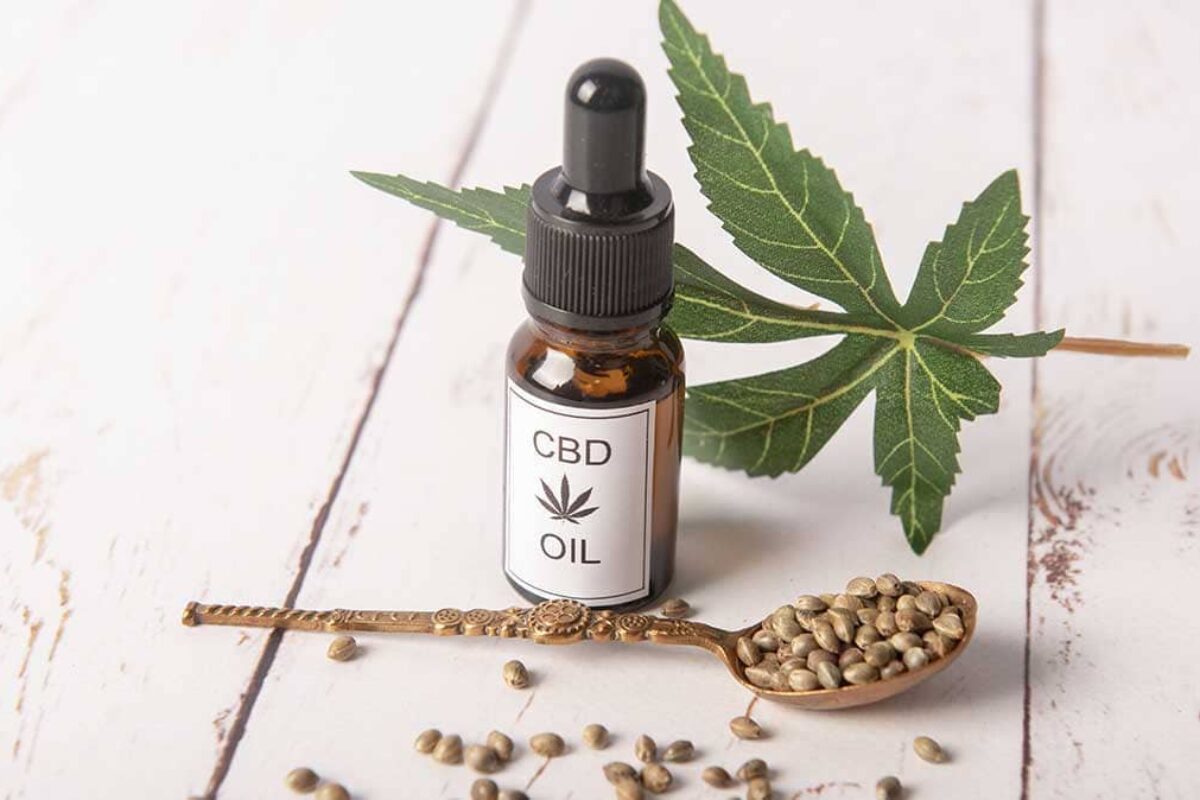What Is CBD Oil?
It is a natural CBD product that typically comes in the form of oil tinctures and can be used by both humans and pets. Chances are you might have already heard something about CBD oil at this point, especially in the health and wellness communities. Although there is much to be learned about the efficacy of CBD, there are some basic facts to keep in mind.
Also known as cannabidiol, CBD is a chemical compound that is found in the Cannabis sativa plant. CBD is not the only chemical compound that’s found in cannabis. In fact, it is one of 104 cannabinoids. While all of these compounds are closely related, each cannabinoid has different properties and effects. For example, THC (tetrahydrocannabinol) is the main psychoactive cannabinoid in cannabis. It is often associated with marijuana use and is responsible for creating that high that people experience. CBD, however, is not psychoactive. It is considered a safer and more appealing option for individuals who do not wish to experience the mind-altering effects of THC.
Today, the acceptance of natural CBD continues to widen, and hemp-based products are increasingly accessible across the United States. Individuals are continuing learning about the varied uses and potential benefits of products such as CBD oil, CBD topicals, CBD pet relief, and more. In addition to the products’ CBD content, they also contain a wide array of supportive phytochemicals. For example, phytocannabinoids, omega acids, flavonoids, and terpenes. It is important not to confuse these elements with pure cannabidiol oil. Full-spectrum CBD products are made from high-quality industrial hemp and often utilize a complete range of plant-based compounds.
The effects of CBD oil vary from person to person. Additionally, CBD oil is not designed as a cure for diseases or to treat any ailment. CBD oil products, however, are showing promising signs as a natural alternative for improving one’s overall well-being.
Discovered in the 1990s, the Endocannabinoid System (ECS) is one of many specialized systems in the human body. It helps keep one’s internal environment stable and optimal regardless of external factors, i.e., regulating sleep and appetite. Also known as the master regulatory system, it is the biological system found in all mammals. How is it linked to CBD oil? Our bodies produce endocannabinoids that bind to our nervous system’s cannabinoid receptors. Ongoing research shows that this binding action is responsible for the various effects that a user experiences.
Today, CBD oil is generally well-tolerated and safe when taken in recommended doses. But as with any product, some individuals may experience adverse reactions such as fatigue, changes in appetite, or diarrhea. Because CBD also interacts with certain medications, it is important to consult with your doctor before taking any products. This way, you can enjoy the complete range of benefits that CBD oil has to offer.


